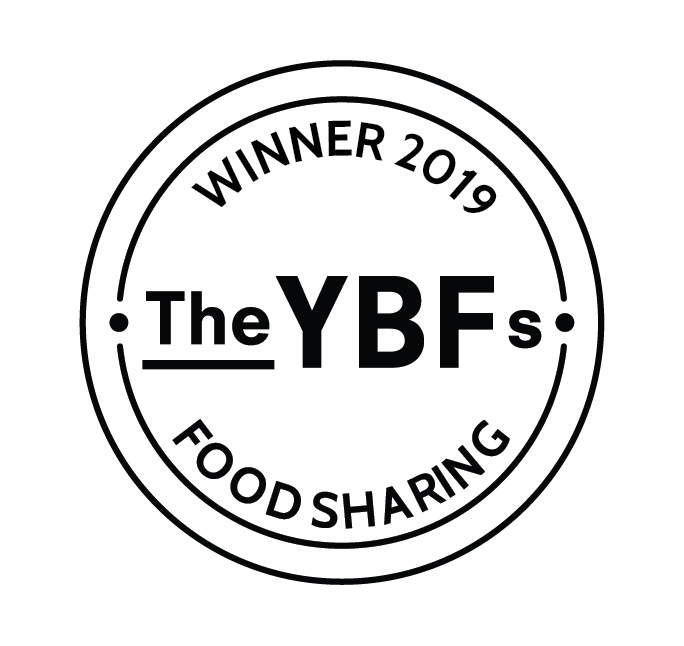authentic nigerian flavours with a twist
Food is at the heart of any Nigerian social activity and with our Nigerian tapas we proudly embrace this tradition. With our sharing plates (“tapas”), socialising and dining go hand-in-hand. And whether you’re a meat-lover or vegan or looking for gluten-free or halal options, we’ve got you covered!
EGUSI BOWL
Egusi stew with eba is our siblings’ favourite childhood dish. It's a popular dish from the family of soups and swallows which are a central pillar to Nigerian cuisine. Described as dumplings at Chuku’s, swallows are made from tubers such as yam or cassava which are boiled, pounded, grated or milled and then kneaded into a dough. Eba is a dumpling made from garri – grated, fried cassava. Egusi are dried melon seeds which come from a watermelon-esque gourd. Growing up, the key ingredients for our siblings’ Mum’s rich egusi stew was: egusi, red peppers, spinach. Here we’ve reinvented her Egusi stew with our deconstructed version described by Time Out as a “Hype Dish”. The tricolour also reflects the colour pattern of another soup and swallow combo called Abula.
SINASIR & MIYAN TAUSHE
Sinasir is a gluten-free pancake traditionally made with a sticky, short-grain rice called shinkafa which is native to Northern Nigeria. For the same stickiness, at Chuku’s we use jasmine rice. This dish is popularly eaten amongst the Hausa community, Nigeria’s largest ethnic group, and is inspired by our founders travels to Kano – the oldest city in West Africa. Miyan Taushe which literally translates as pumpkin soup in Hausa is especially eaten during Ramadan.
Moi Moi
Moi Moi is the king of any Nigerian party. Made from peeled, puréed black-eyed beans, traditionally this dish is steamed and served wrapped in a banana leaf. It has a complicated preparation process and it takes a highly skilled chef to get this dish just right. Often it’s flavoured with dried, smoked crayfish or cooked with a boiled egg or mackerel inside. At Chuku’s, we keep it simple, so that our vegetarian and vegan guests can enjoy this savoury tart too.
ADALU
Brown beans are a staple food in Nigeria and used to make an array of dishes from akara (a fried bean fritter), moi moi (a savoury steam bean pudding) to stewed bean pottages. Adalu is one of the latter and is specifically a pottage made with both beans and sweetcorn. There are two types of Nigerian brown beans. The Ewa Oloyin variant, which literally translated means “the beans with honey” in Yoruba, is the preferred type due to its natural sweetness. These beans absorb all the flavours of the ingredients they are combined with and take time, so cooking it requires real love.
JOLLOF RICE / QUINOA
Jollof is traditionally made with rice and everybody thinks their version is the best, whilst cooking it slightly differently to the rest. We embrace this dish variety, by using a lighter and more nutritious grain in quinoa for our Jollof Quinoa – giving traditional Jollof an innovative twist, whilst offering the Jollof Rice everyone craves for too. Smokey jollof is the hallmark of jollof served at Nigerian parties, so staying true to that tradition we smoke both of our jollofs in-house.
CASSAVA & ATA DIN DIN
With this dish we pay homage to the popular street food Fried Yam (Dundun) with the similar but more fluffy tuber cassava – a nutty flavoured, sweet root vegetable which grows underground. Nigeria is the world's largest producer of cassava and it is now the most important crop amongst the Igbo people. Ata Dindin, which in Yoruba literally means Fried Pepper, is the perfect condiment for Dundun – and our sauce has been described by food critics as a “gloriously fiery, hot pepper dressing”.
DODO (FRIED PLANTAIN)
Plantain comes from the banana family but, whilst sweet-tasting when cooked, it’s not as sweet as a banana and it’s not eaten raw. Primarily eaten cooked as a savoury dish, it can be enjoyed boiled, baked, grilled or fried. Easy to prepare and needing little else to enjoy its great taste, plantain is a true gift from the food gods. Dodo – pronounced doh-doh – is the name for fried plantain in Yoruba and is one of the most loved ways to eat plantain in Nigeria.
CARAMEL KULI KULI WINGS
Kuli Kuli also known as groundnut cake is a popular snack in Nigeria which originates from the Nupe people – an ethnic group native to Nigeria’s Middle Belt. Kuli Kuli is made by grinding up roasted peanuts – known locally as groundnut in Nigeria – into a paste, removing the oil before mixing with local spices including chilli pepper and fresh ginger, onion and maize flour. Once moulded, it’s then fried until it hardens into a brittle biscuit. At Chuku’s we blend kuli kuli into our house-made salted caramel to make a spicy & peanuty salted caramel sauce which we use to toss our prime halal chicken wings.
SUYA MEATBALLS
Suya is the name of a traditional mixed spice which originates from the Hausa people from Northern Nigeria. It’s a blend of kuli kuli and/or peanuts, ginger, chillies – and often contains cloves, garlic, onions and the woody-tasting uda seeds (also known as negro pepper or grains of selim). Suya is also the name of one of Nigeria’s most loved and famous street food dishes where skewered meat or seafood is marinated in the suya pepper and then grilled on an open fire. Thinly sliced beef is the most commonly used meat for suya. For our suya twist, we roast suya-marinated minced halal beef to make our special meatballs.
CHICKEN ATA DIN DIN
Ata Din Din, which in Yoruba literally means Fried Pepper, is our hot sauce which has been described by food critics as a “gloriously fiery, hot pepper dressing”. The scotch bonnet and red bell pepper is fried in unrefined red palm oil* which has floral, smoky notes aiding to the ata din din flavours which will leave your mouth on fire but asking for more. Brined overnight, halal chicken thighs are shredded in-house before being coated in this moorish hot sauce.
*Note: oil palm trees are native to West Africa and cultivation is not linked to the widely known deforestation and habitat destruction in South East Asia where 90% of the world's oil palm trees are now grown. There they are primarily harvested for the palm kernel oil (from the white kernel, not palm oil from the red fruit) for the use in processed foods (e.g. chocolate bars), detergents and cosmetics (e.g. lipsticks).
LAMB AYAMASE
Pronounced aya-mas-hay, ayamase is a stew which originates from Ogun State in southwest Nigeria where it’s usually paired with an indigenous rice called Ofada. As such, it’s often known as Ofada stew. Green bell peppers and scotch bonnets are fried in smoked, unrefined red palm oil* which has floral notes. Two ingredients are key to making this stew so tasty: dried, smoked crayfish and fermented locust beans, which are robustly aromatic, and called Iru in Yoruba, dawadawa in Hausa and ogiri in Igbo –and. These two natural flavour enhancers are widely used in Nigerian cooking, especially in stews, to deepen the layers of flavour. Lean, halal lamb leg is then stir-fried in this highly fragranced sauce.
*Note: oil palm trees are native to West Africa and cultivation is not linked to the widely known deforestation and habitat destruction in South East Asia where 90% of the world's oil palm trees are now grown. There they are primarily harvested for the palm kernel oil (from the white kernel, not palm oil from the red fruit) for the use in processed foods (e.g. chocolate bars), detergents and cosmetics (e.g. lipsticks).
HONEY SUYA PRAWNS
Suya is the name of a traditional mixed spice which originates from the Hausa people from Northern Nigeria. It’s a blend of kuli kuli and/or peanuts, ginger, chillies – and often contains cloves, garlic, onions and the woody-tasting uda seeds (also known as negro pepper or grains of selim). Suya is also the name of one of Nigeria’s most loved and famous street food dishes where skewered meat or seafood is marinated in the suya pepper and then grilled on an open fire. For our suya seafood twist, we pan fry plump king prawns before glazing them in a sweet and spicy marinade of suya pepper, honey and malt vinegar.
signature desserts
Complete your experience with one of our Nigerian-inspired desserts



















